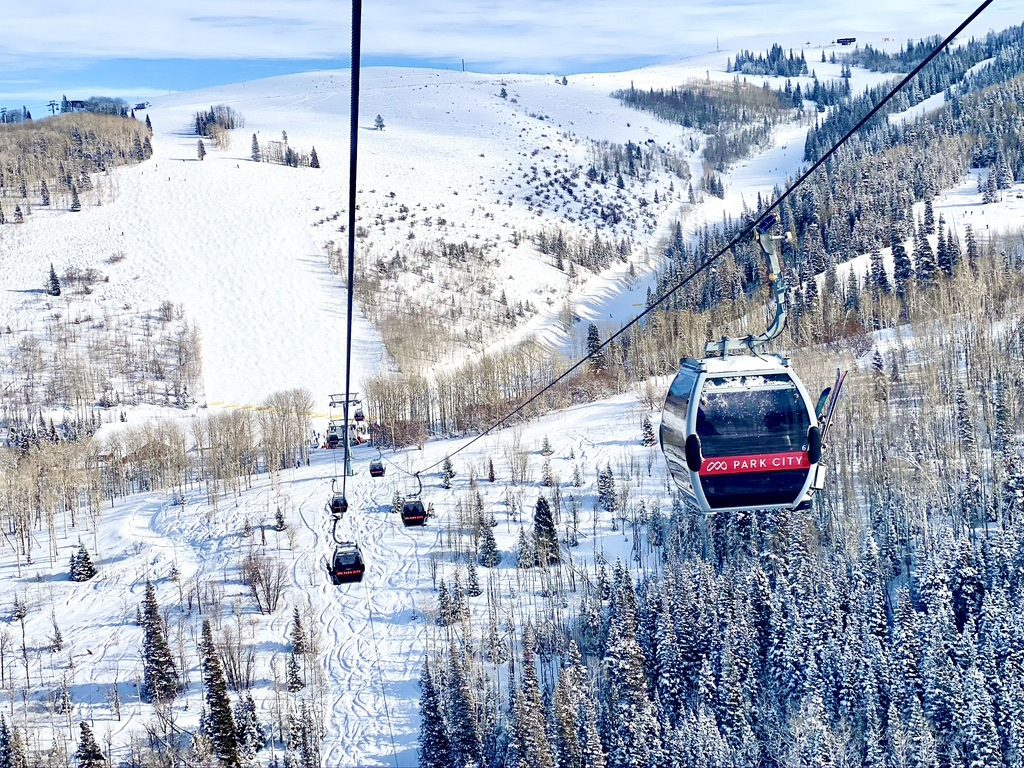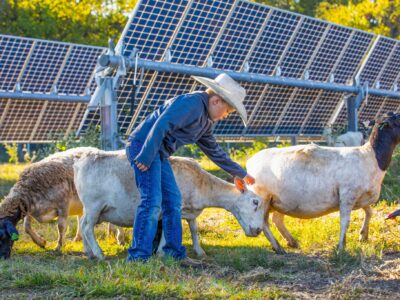Warren Miller, the prolific skier turned adventure filmmaker, once said, “the best place in the world to ski is where you’re skiing that day.” While the sentiment rings true and appreciating the beauty of the moment is always key, if there were to be a hierarchy of the best places to ski, Utah would most certainly be near the top.
A gem of the skiing options out West, Utah boasts some of the most exquisite and jaw-dropping mountain ranges and alpine vistas for all types of ski bums and snowboard junkies alike.
Rivaling the French and Swiss Alps, Utah’s ski resorts sit on the Wasatch Range – a 160-mile mountain range making up the western edge of the better-known Rocky Mountains.
Although the alpine haven has long been a destination for families and outdoor adventurers alike, the state has found new popularity recently for its emphasis on sustainability efforts amid threatening environmental prospects for winter sports lovers.
A November 2021 peer-reviewed study published by Nature Reviews found that on the planet’s current trajectory of global warming in 35 to 60 years, the American West will see “low-to-no snow.” The study, while painting a realist’s view of the anthropogenic climate impacts, also calls for a change in the way scientists and citizens approach decreasing snow values, urging individuals and companies to use a solution-oriented approach as they plan for decades to come.
Utah’s ski industry seems to have done just that. Three of the state’s largest and globally recognized mountains, Deer Valley, Park City and Alta Ski Area, have each undertaken sustainability measures at the respective resorts, setting a high bar for other winter destinations across the country.
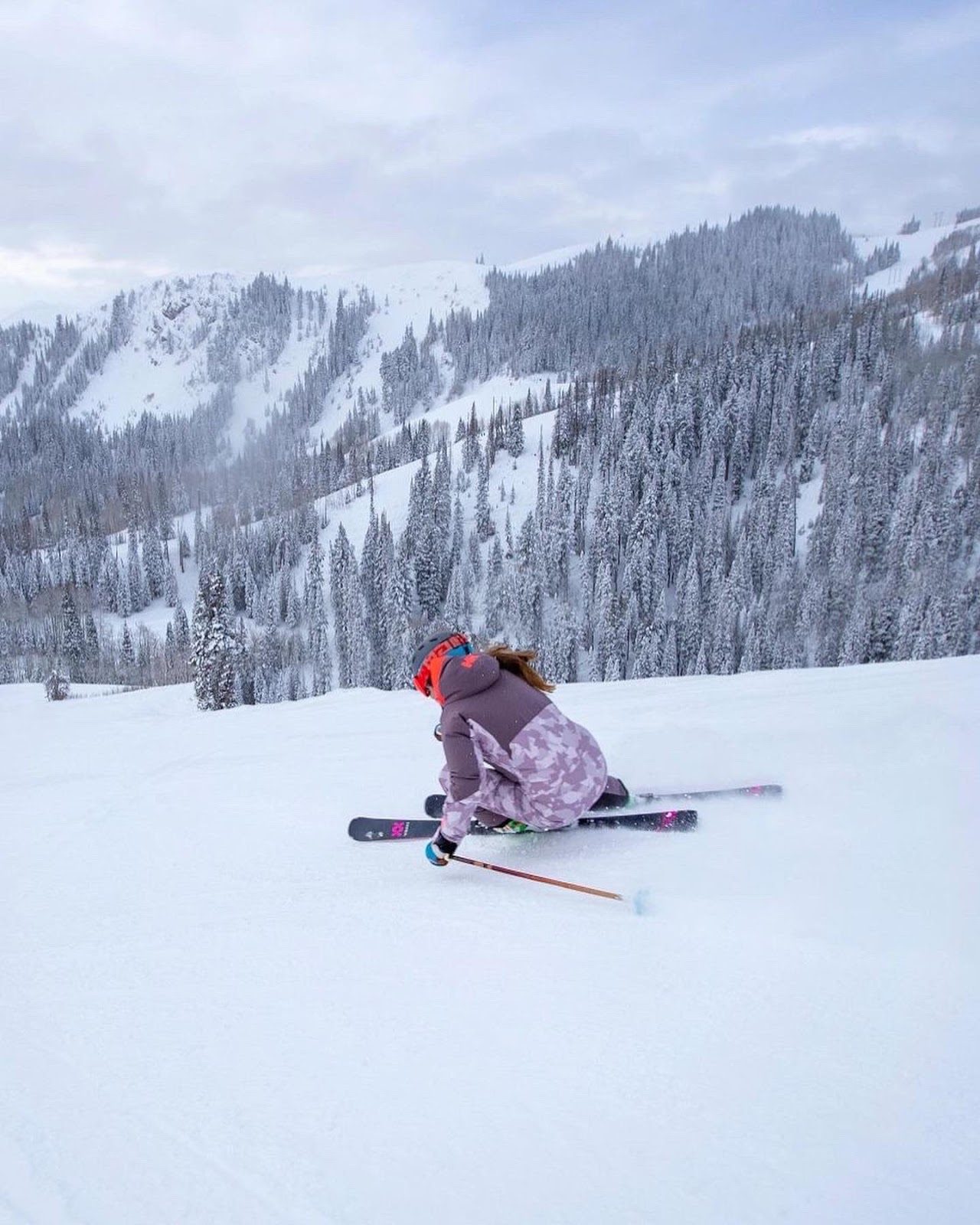
Deer Valley Ski Resort, a ski-only mountain known for its wide, freshly groomed trails and views in Park City, has committed to investing in alternative energy solutions, undergoing waste reduction and mitigation measures, local partnerships with conservation organizations, and even installation of electric vehicle charging stations on-site. Notable partnerships thus far have included a composting collaboration with Wild Harvest Farm to decrease the amount of waste being sent to landfills, as well as responding to a clean energy Request For Proposal in tandem with Rocky Mountain Power to invest in the creation of 308,000-megawatt hours of power. The resort is also implementing new measures to make their snow guns (the machines that produce artificial snow depending on climate conditions) more energy efficient.
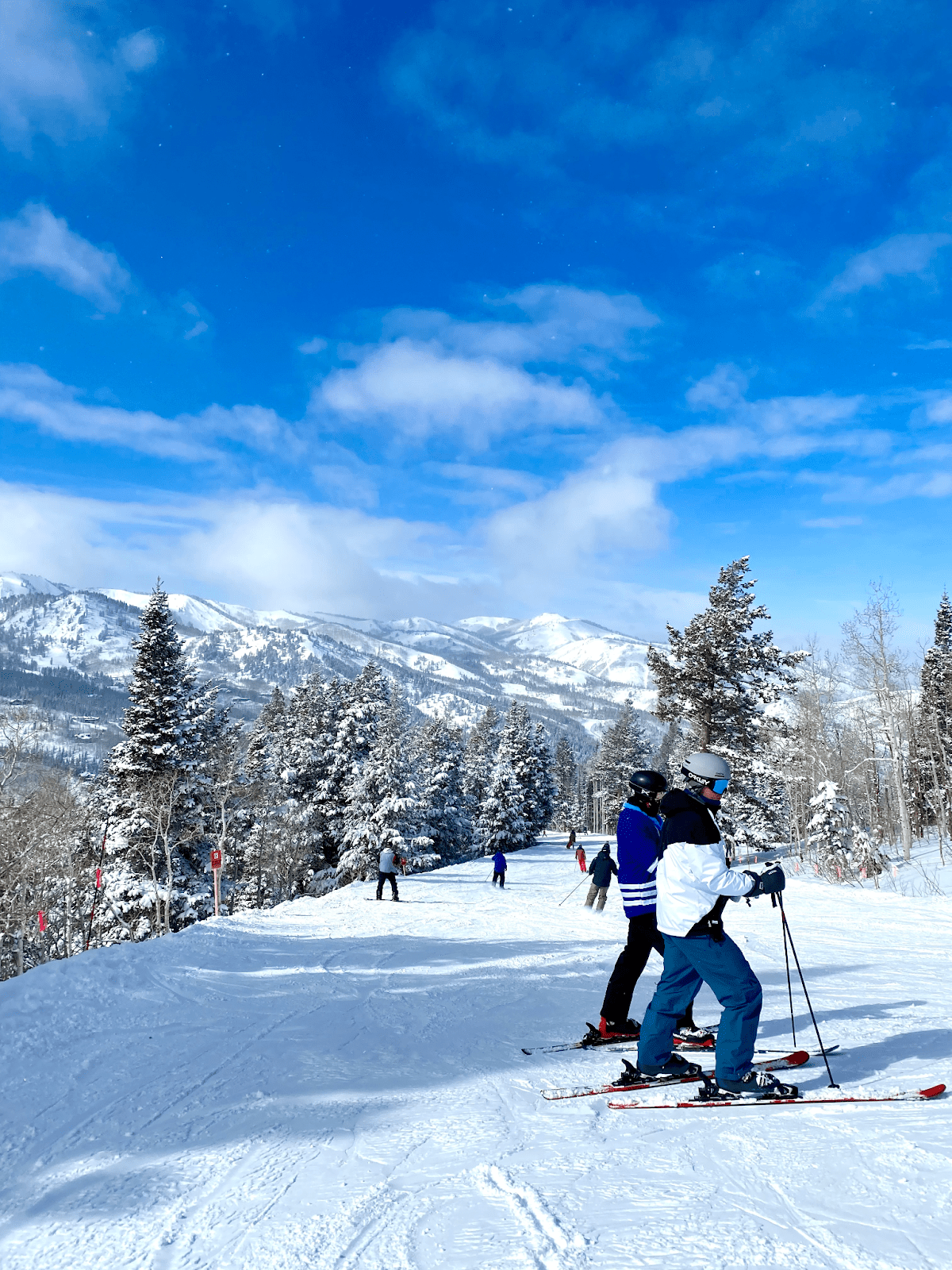
Park City Mountain, located not far from Deer Valley, is known for its wide-ranging terrain and adoration by skiers and snowboarders alike, has committed to sustainability measures through their parent company, Vail Resorts. Dubbed the “Epic Promise,” after the “Epic Pass,” which allows slope dwellers to access any Vail Resort mountain in a given season, the resort is laser-focused on reaching net-zero emission status by 2030. By that same date, Park City hopes to be no longer contributing to landfills, either, mainly through eco-product usage and plastic elimination. The most impressive of all, however, is Park City’s role in the Elektron Solar Project – an initiative that enables them to source their energy from a solar farm in Utah. The project is functional and slated to provide 100% of the mountain’s energy needs by 2023. Although the act of downhill skiing is not resource-intensive in itself, ski resorts expend a vast amount of energy daily for hospitality (including lodges, food and accommodation) as well as heating and cooling systems and, of course, ski lifts and snow machines.
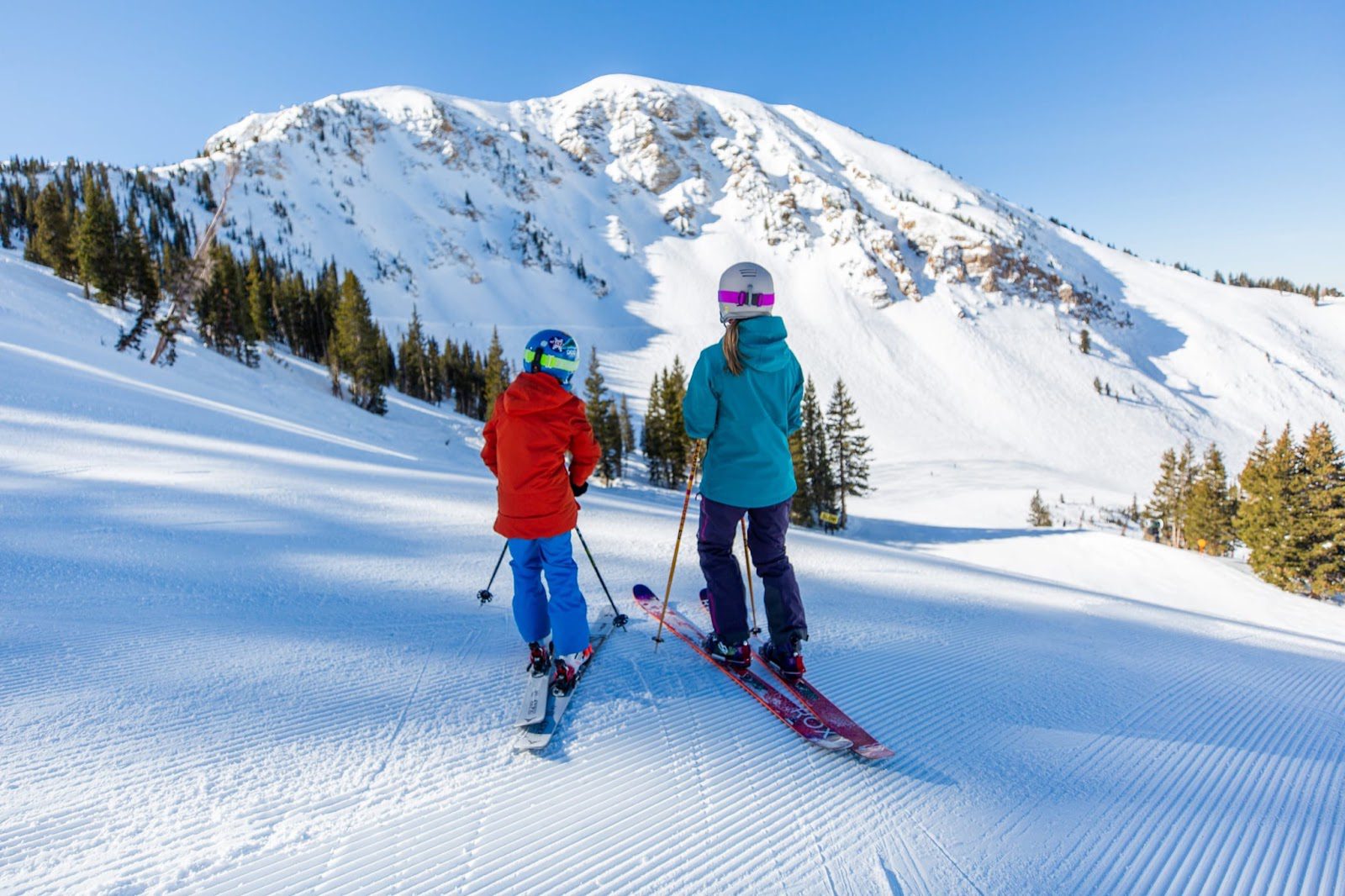
Alta Ski Area, located in the town of Alta in Salt Lake County, is also a ski-only resort known for its high base elevation of nearly 9,000 feet and a summit elevation of over 11,000 feet. The resort, a part of Mountain Collective, has created an entire environmental center to help move the ball forward on sustainability. The Alta Environmental Center primarily focuses on carbon footprint reduction through solar energy and waste reduction, but it also is the hub for third-party collaborations with local organizations. It has worked extensively with the U.S. Forest Service to further land conservation efforts, for example,and pairing with locally registered non-profit TreeUtah works on preserving the quality of life for future generations in the state through tree planting, and environmental stewardship. Since 1991, Alta has planted 42,000 trees, 79,000 plants and offset 126 tons of carbon through solar panel usage.
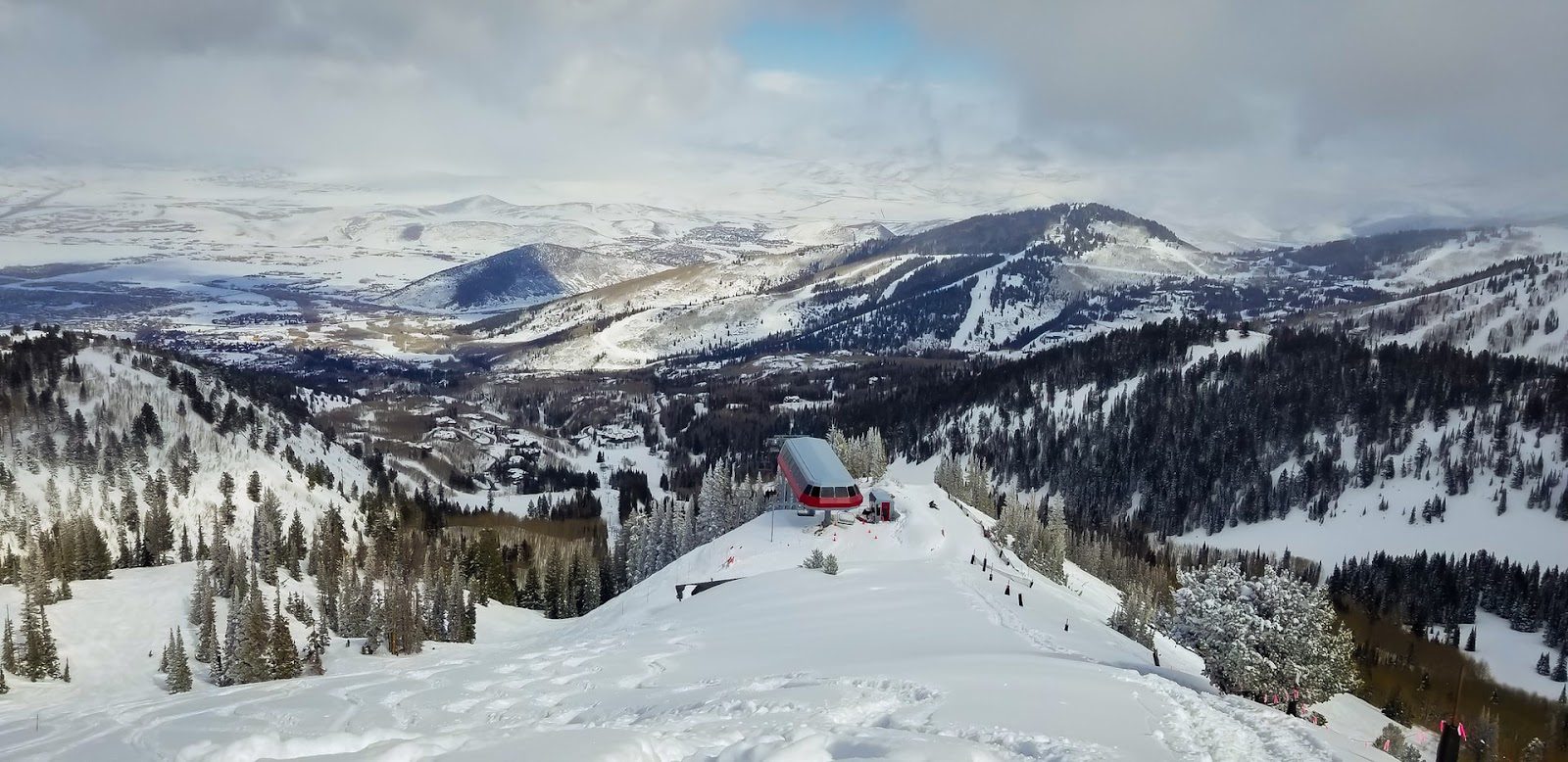
For some, the likely prospect of little to no snow at these natural wonders in a mere three to six decades may not be compelling enough to divert resources and capital towards efforts designed to mitigate the fallout. Economic realities are also in play, however, and most certainly will have dire consequences for Utah, should the climate change predictions outlined by scientists pan out. Utah is known for its robust economy, ranked number 1 in the nation. The Beehive state’s buzzing market is characterized by steep GDP growth year over year. However, a large portion of the economy is boosted by expensive seasonal tourism – a popular trend amongst Western states (note: the #2 and #3 economy spots are occupied by also ski-heavy states Colorado and Idaho, respectively). Estimations put the cumulative economic impact of ski and snowboard tourism in America’s West anywhere from $120 Billion to a staggering $850 Billion. Needless to say, without even the supplementation of any natural snowfall, that income stands to dwindle sharply, less there be continued action by ski resorts in the region.
For now, the snowfall remains stable and the trails groomed. Sustainability may be a steep hill to climb, but these mountain resorts certainly are not afraid of heights.

